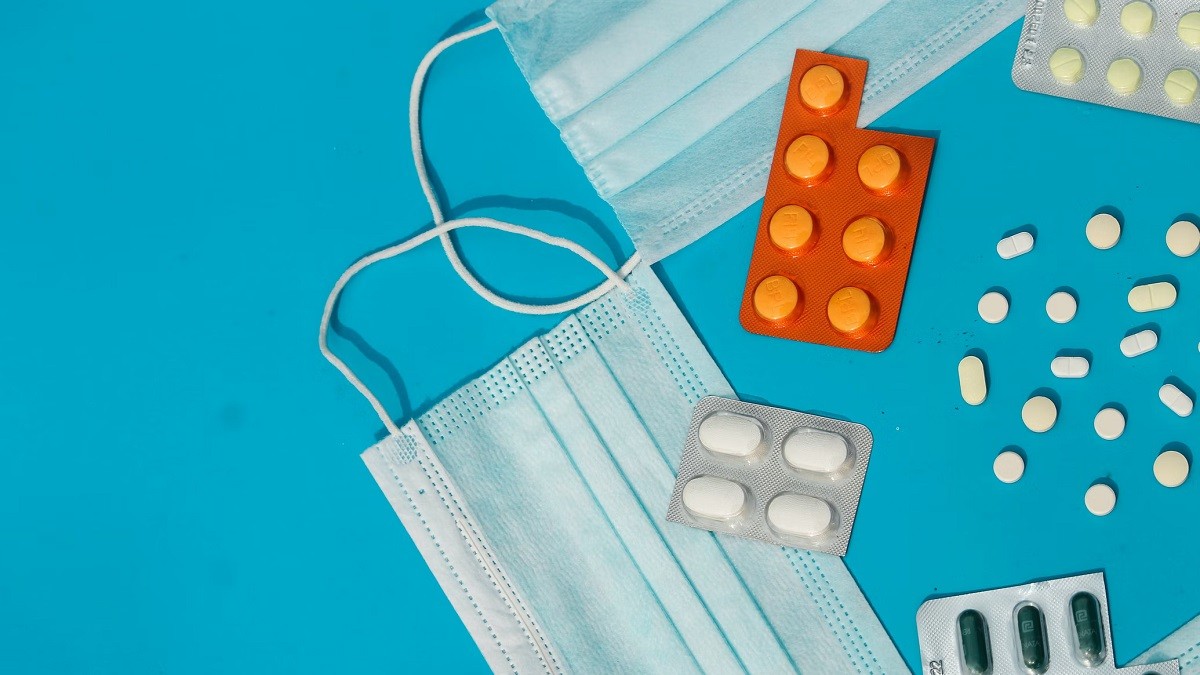Health
Generic drugmakers to make cheaper version of Pfizer Covid pill

- Thirty-five global generic drugmakers have signed on to make cheaper versions of Pfizer’s highly effective COVID-19 oral antiviral Paxlovid.
- Paxlovid showed a 90% reduction of hospitalizations in high-risk patients in its clinical trial.
- Pfizer will not receive royalties from sales of generic versions of Paxlovid while COVID-19 remains a “Public Health Emergency of International Concern.”
The U.N.-backed Medicines Patent Pool (MPP) declared on Thursday that thirty-five global generic drugmakers have signed on to make cheaper versions of Pfizer’s highly effective COVID-19 oral antiviral Paxlovid. The supply will be provided to 95 low- and middle-income countries.
Last year, Pfizer allowed generic drugmakers to make more accessible versions for poorer countries.
A clinical trial of Paxlovid showed that it reduced hospitalizations in high-risk patients by around 90% — a significantly higher percentage than the trial result of Merck & Co’s antiviral pill molnupiravir.
Merck also struck a deal with MPP to allow generic versions of their treatments, which are already available in some countries.
Significant supplies of generic Paxlovid may not be available before the end of the year, however.
According to the MPP, 35 companies based in 12 different countries will produce Paxlovid’s generic versions or its active ingredient. These include Sun Pharmaceutical Industries in India, Teva Pharmaceutical Industries in Israel, and Viatris Inc. in the U.S.
Among these companies, six will make the drug’s main ingredient, nine will turn it into a finished product, and the remaining companies will handle both.
The two-drug treatment is composed of a new compound, nirmatrelvir, and the older antiviral ritonavir, which is already available as a generic.
As long as COVID-19 remains a “Public Health Emergency of International Concern,” Pfizer will not receive royalties from sales of generic versions of Paxlovid.
Pfizer will only receive royalties post-pandemic, but sales to low-income countries will remain royalty-free. According to the MPP, upper-middle-income countries will be subject to a 5% royalty for sales to the public sector and a 10% royalty for sales to the private sector.
Pfizer plans to produce at least 120 million Paxlovid treatment courses this year, which is still short of its 250-million estimate. Healthcare NGO Global Fund also expects the company to provide around 10 million Paxlovid courses to low- and middle-income countries this year.
Source: Aol.com
